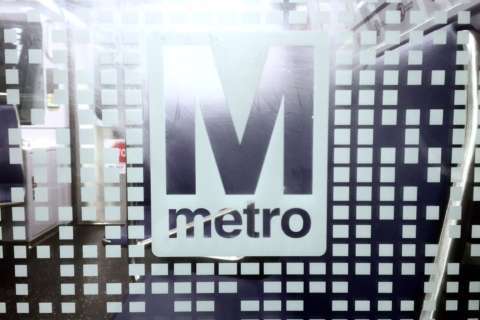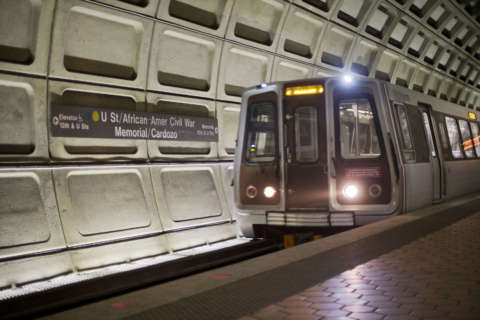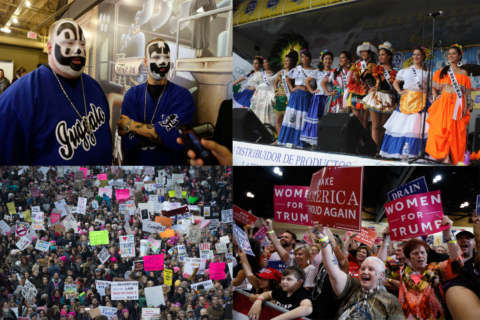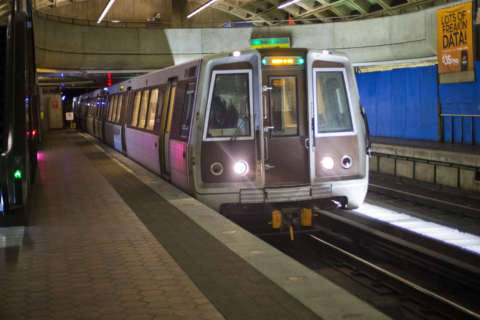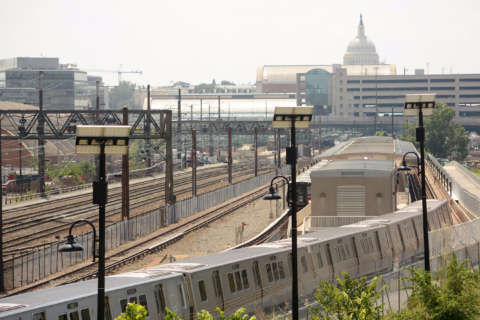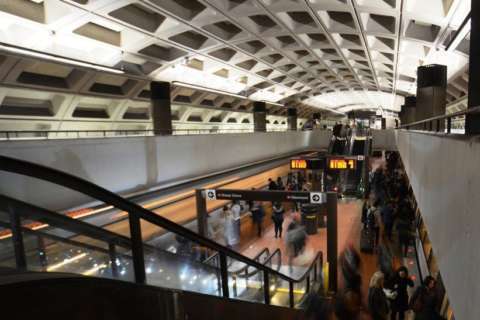WASHINGTON — Failing to increase funding for Metro to repair track and power issues and buy new rail cars and buses is not an option, Metro’s general manager warned the Metro Board Thursday.
“These projects cannot be in jeopardy, because in my estimation these projects are the projects that are keeping the system safe and reliable, so if we don’t do these projects we are putting the system at safety risk,” Paul Wiedefeld said.
This spring, Wiedefeld asked the region for $500 million per year in new dedicated tax funding to help pay for $15.5 billion in capital maintenance and repairs over the next decade, but the odds of an agreement on that funding during this winter’s General Assembly sessions have dimmed.
Maryland Gov. Larry Hogan suggested a short-term measure this week of Maryland, Virginia, D.C. and the federal government each putting up $125 million per year for four years, although it is not clear whether the federal government will even continue current special capital payments to Metro.
Asked what would happen without any additional funding, Wiedefeld said either the bills for local government would spike dramatically or the region would have to decide to again put off critical maintenance, a flaw from the past that led to Metro’s 24/7 work zones over the last 15 months.
“I don’t think we should repeat that mistake, particularly now that we’re 40 years old, and we don’t want to undermine the revenue side of it, because if we don’t do these things we’re not reliable and we’re chasing customers away,” Wiedefeld said.
“This has to pretty much go forward unless we’re going to back away from safety and reliability, which, as a management team, we would not recommend … and I’m hoping the board would agree with that,” he said.
With the region struggling to reach an agreement on additional funding for Metro, Arlington County Board and Metro Board member Christian Dorsey urged Wiedefeld to take a strong public stand explaining the critical need.
“I don’t think you can be too loud or too blunt about those issues,” Dorsey told Wiedefeld at Thursday’s meeting of the Metro Board Finance Committee.
“I think there is a general misconception that state of good repair provides optional things that you can pick and choose, but really this is about a fundamental return to a baseline level of safety and reliability that’s essential if this is going to be an asset that’s going to be performing for the region,” Dorsey said.
The estimated $15.5 billion plan over the next decade includes only what Wiedefeld describes as what Metro knows it needs to keep the existing system safe and reliable.
It does not include other previously identified needs such as a new tunnel under the Potomac River or new Blue Line station in Rosslyn to ease service issues there.

